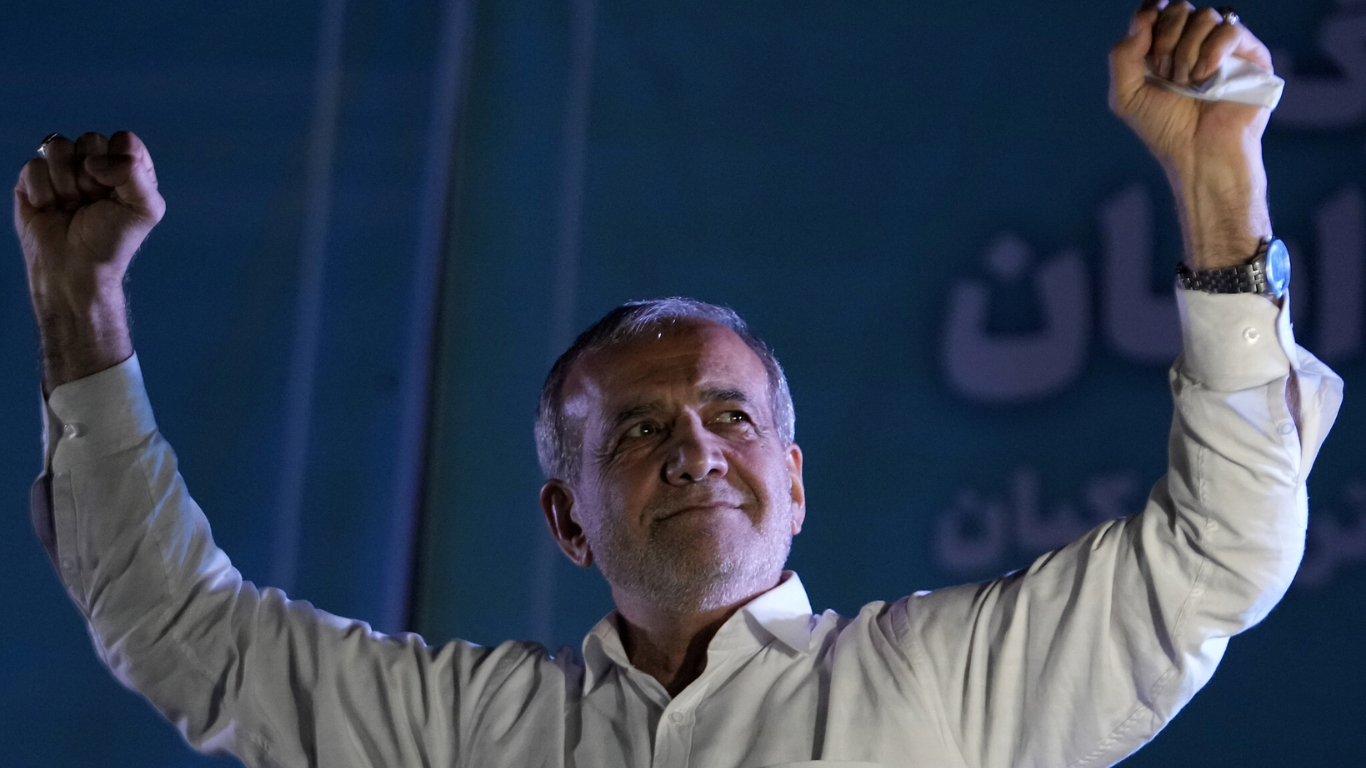Over a period of a month after death of President Ebrahim Raisi’s death, Iran has got its new president who is a cardiac surgeon and a single father. Also setting himself apart from the previous leaders he is a big advocate of greater freedoms for women in post-Islamic revolution Iran.
And now Pezeshkian is expected to bridge economic challenges between India and Iran as well.
But how?
Since the US has put sanctions on Iran because of its persistent will on becoming a nuclear power. The country’s economy has been coming to choke. But in recent years, Tehran has found a credible economic partner in New Delhi. The two countries recently formalized a crucial Chabahar port deal.
With an agreement to operate a portion of Iran’s Chabahar Port, which is only 200 kilometers from China-funded Gwadar port in Pakistan and is essential to New Delhi’s aspirations for connectivity with Russia through Central Asia, India has formalized some of its largest foreign investments.
Dr. S. Jaishankar, the minister of external affairs, visited Iran in January of this year with the goal of finalizing the Chabahar Port Agreement and making progress on the North-South Corridor.
India and Iran inked a 10-year deal for the outfitting and management of the general cargo and container terminals at Chabahar port, following Jaishankar’s visit to Tehran five months earlier, during which the two countries pledged to establish a “long term cooperation framework” over the port’s development.
India’s regional connectivity plan revolves around the Chabahar Port project, which also acts as a crucial entry point for Indian products into Afghanistan and Russia. Because of the port’s advantageous location, landlocked Afghanistan no longer needs to rely on Pakistan to reach foreign markets, and New Delhi will have a tactical edge in a Kabul controlled by the Taliban.
Pezeshkian is the President: what does it mean for New Delhi?
In the past, even under the leadership of Iran’s conservative presidents, New Delhi was able to use its diplomatic clout in the West to get sanctions lifted in exchange for Tehran’s economic cooperation, particularly for the development of Chabahar.
However, given Pezeshkian’s optimistic assessment of the nation’s improved relations with the West and the rest of the globe, as well as India’s strengthened relationships with the majority of Western nations, New Delhi’s economic cooperation with Tehran will be unhindered by geopolitical constraints.


















